How do you publish and distribute comics during a pandemic? It seems like a Herculean task, to say the least. And yet, there are plenty of small press publishers out there doing just that, right now. One of these publishers is BULGIHAN PRESS.
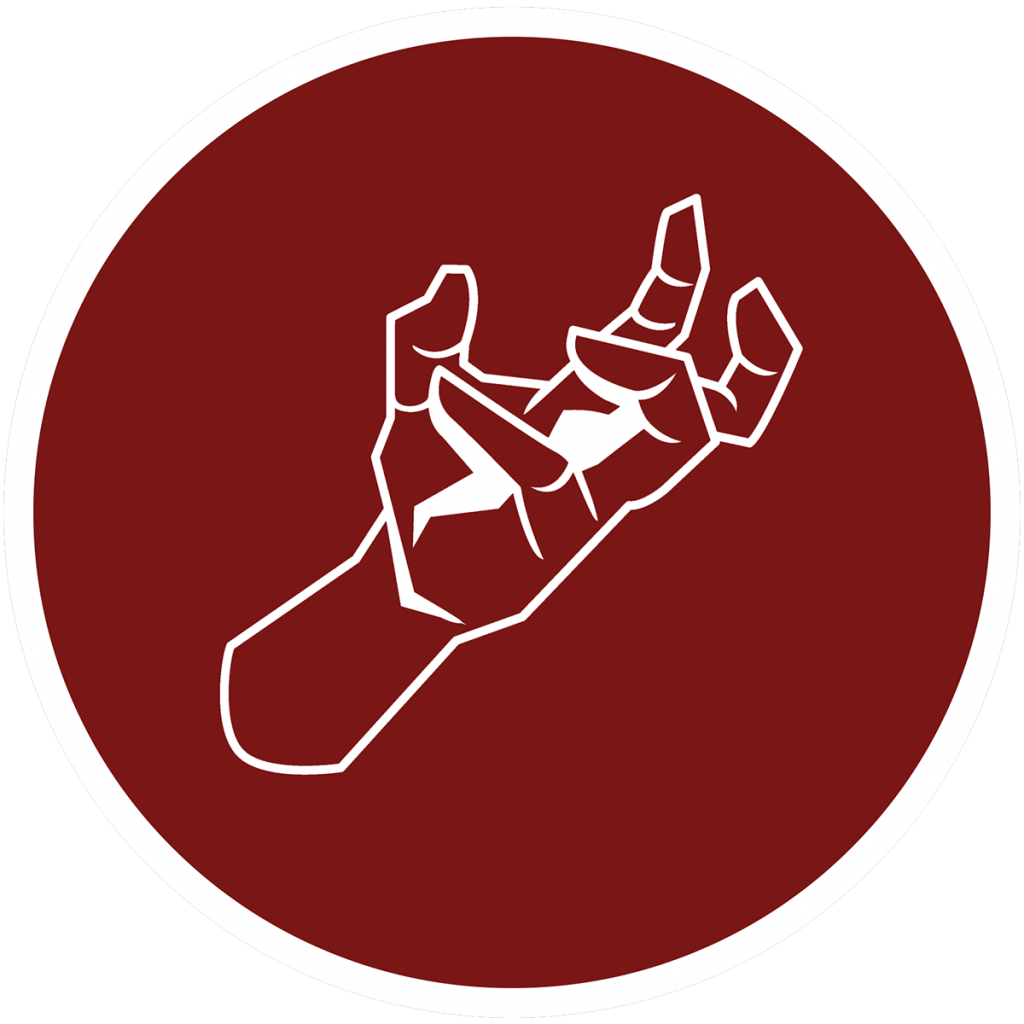
Bulgihan Press is a small press comics publisher dedicated to publishing new and experimental comics located in Somerville, MA. Bulgihan Press is owned and operated by Zachary Clemente.
You can find out more about Bulgihan Press by visiting their website or by following them on Twitter or Instagram.
I thought I would send Zach Clemente some questions about what publishing is like in these strange times, and he was kind enough to answer.
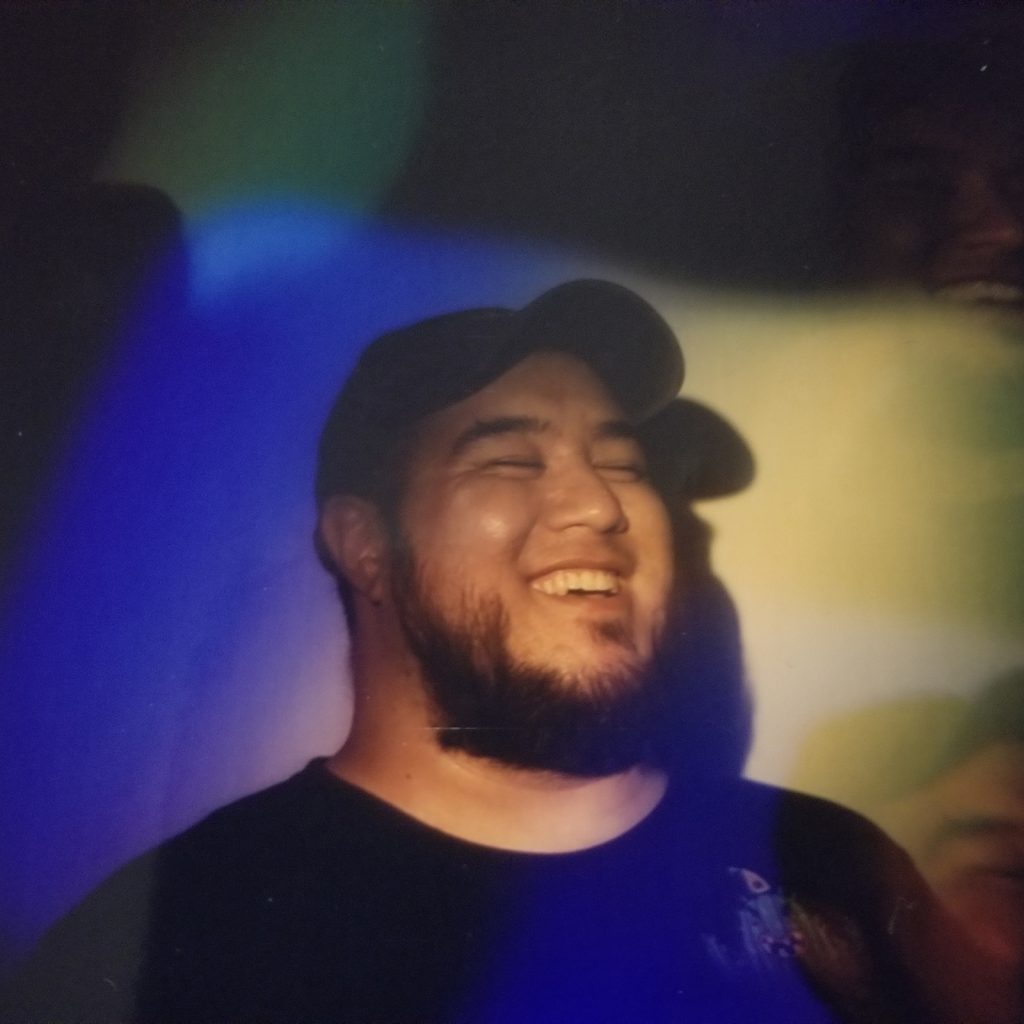
Out of all the things you could possibly be doing with your time, you all decided to publish comics. Why is that?
This feels like a mild indictment of sorts. I feel like I need one of those tried and true coffee mugs that says “You don’t have to be crazy to work here, but it helps!” Kidding aside, over the years of being in and around comics communities, I’ve realized what I love doing most is helping comics creators as if in some sort of production role. When I first worked on some self-published comics with friends, I also was responsible for printing and marketing the book and I really enjoyed that work, so taking on a role that is primarily that kind of work makes a lot of sense to me. It also feels in line with the kind of work I do for the Massachusetts Independent Comics Expo (aka MICE) — it’s all about supporting the work of cartoonists and providing for them.
How has the world of comics publishing been impacted by the pandemic?
Truth be told, I’m very much a novice “publisher”, so my perspective is likely naive, but my understanding is publishers that really focused on selling books at shows and festivals aren’t putting out quite as much as they would normally, whether the reason is monetary or marketing. I was initially planning to debut Bulgilhan’s first books at TCAF last year, but everything got postponed or canceled. I absolutely intend for Bulgilhan to have a consistent festival presence, but waiting for them to return wasn’t the best choice. I should have launched earlier than I have; I was feeling exceptionally low around New Year’s for all the predictable reasons, but my artists reached out about their books and I realized there was nothing holding us back from getting started. I’m feeling good about having an ongoing project like Bulgilhan in my life now.
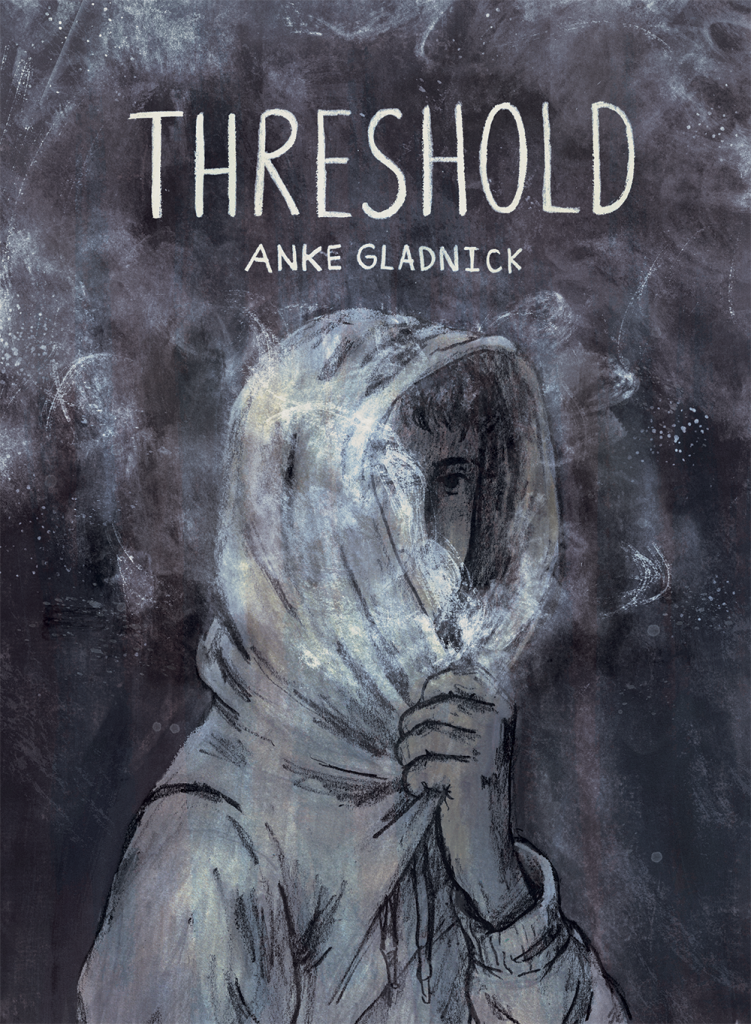
What would you say is the ethos of Bulgihan Press? Are there particular types of books you look to publish?
I’ve been talking up how it’s a place for “experimental” comics and I stand by that, but I think I put that in because it’s more likely to attract the kind of pitches I want than using “exciting”. The feeling I’m chasing from the comics I’m interested in publishing is an inner excitement or exuberance that I feel, but that’s too vague and self-centered to have as the outward-facing mission statement. When I thought hard about it, one of the primary themes about the comics I really wanted to publish was that they were a result of the creator pushing themselves in some new way: the medium, the process, the story, the themes — any part of it really. If I can sense that in a pitch or conversation with an artist, I feel an itch to help them and work with them to make an excellent comic.
The nitty-gritty is that I’m focusing on shorter, self-contained books for now — no pagecounts that could be qualified as a “graphic novel” I suppose. I like color but have been purposeful in being open to the strengths of B&W, though that means I’m looking for interesting uses of tones and texture. As for subject matter, I don’t really know what’s off the table until I get a pitch that I read and am not interested in. I think it’s safe to say that I’m not going to publish comics that are specifically made for kids for now, but it’s possible I’ll do it in the future.
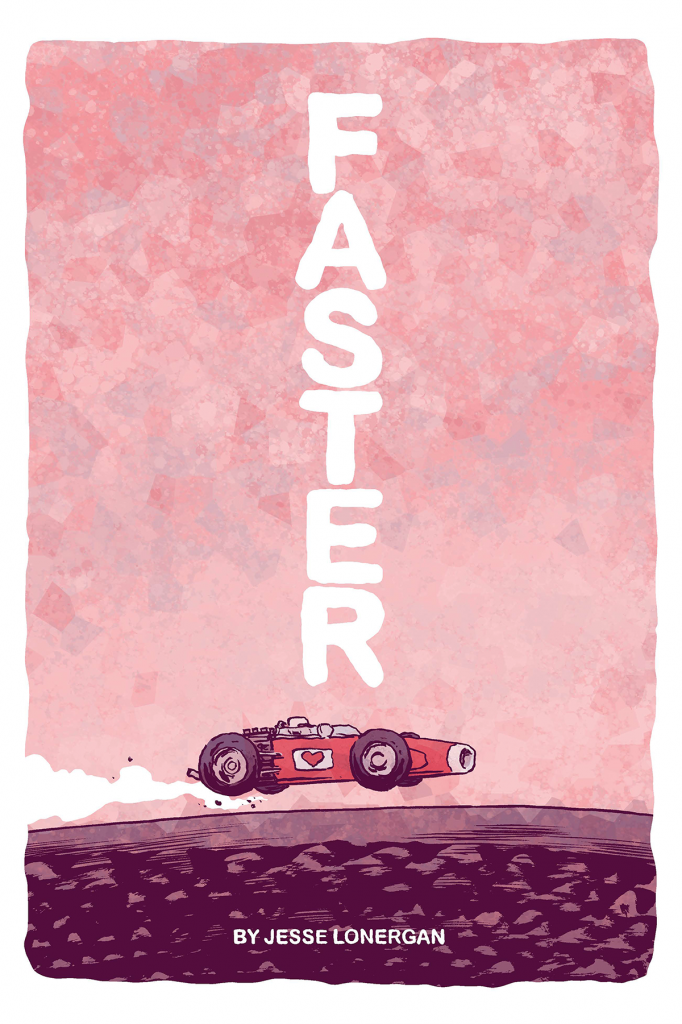
What is it like working on a major project like trying to fulfill your latest Kickstarter during the COVID-19 pandemic? Has anything changed about your process or your planning?
At first, it seemed so daunting that I wanted nothing to do with it! For most of 2020, I kept thinking that I could just stay in a holding pattern with Bulgilhan and then come out arms swinging, but that was a fantasy. It was an unfair choice to my artists, and to myself as well. As soon as I started to dive into the work that needed to be done to launch the books — coordinating with printers or building relationships with retailers, distributors, and other regions of comics I have known of for a long time but haven’t really worked with on a professional level — I felt really good about it. People who know me know that I love a project, but it’s easy to forget how much I enjoy it until I’m in it. I hadn’t originally intended for Bulgilhan to use Kickstarter as a way to publish books or even launch initially, but it was clear that it was the right way to bring something like this to life, considering the asynchronous nature much of our lives have taken during COVID. I feel like my process is unchanged from what I had intended, but the outlet for it is Kickstarter instead of some kind of pre-order or a festival-based debut release structure.
What do you think the world of small press comics looks like when this pandemic is all said and done? What role do you think small presses like yours have in the aftermath of all of this?
I wish I had a concrete answer for either aspect of this question. This is doubly consternating for me as a newbie publisher and a seasoned festival showrunner — no one knows, we can make hopeful plans with the best of intentions with Plan Bs, Cs, Ds, and so on. I’d imagine the role of small presses, like what I hope Bulgilhan will be, won’t change all that much, but one thing I really hope for is that we come out of this with a wider readership and acceptance of independent comics. With a year and a half of virtual events eliminating the requirement to physically travel and stay in a different city (or even country sometimes), perhaps people who never made it to SPX, TCAF, MICE, or other events were able to experience independent comics in a way that makes them excited for more.
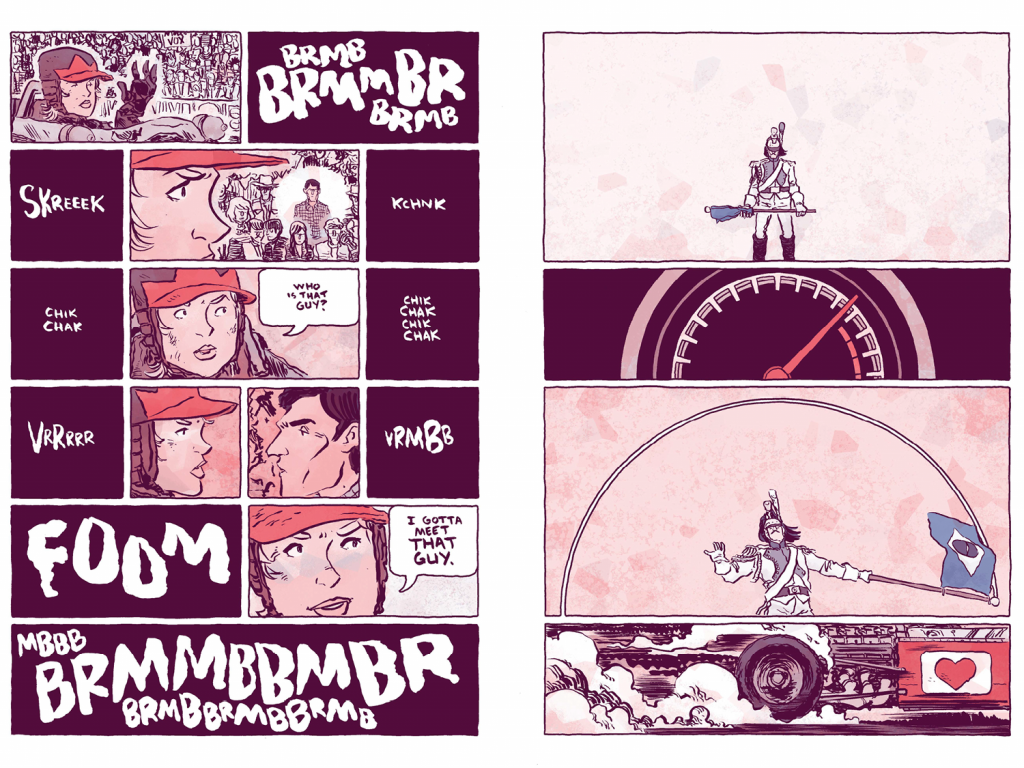
How do you all find the people you work with? Do you offer mentoring or other services to those people?
I’ve been told I’m a people person and, at this point, I really have no way to argue against it. I truly like people and typically want to know what their deal is — which is fantastic in comics because it seems like we’re a very self-indulgent bunch. The comics that people make tend to come from the heart, at least that’s what I like to believe. For a few years, while I was trying to be “the next big comics writer,” I also wrote for publications like The Comics Beat, so I met a lot of folks doing that. Then I volunteered for and ended up joining the planning committee for MICE, which turned out to be a spectacular way to get to know people. That’s a long way of saying that I was always around and typically doing something. As for who I publish, there’s a mixture of me reaching out to people whom I admire and think kindly enough of me to take a gamble on a new press and cartoonists who, despite the odds, pitched directly to me after I announced the press back in 2018.
I’m not a trained or experienced editor so in the times that having someone in that role for a Bulgilhan book arises, I turn to my friend JAM. Everyone needs a friend like JAM in their lives, in my opinion. Neither of the books that are part of our initial Kickstarter was edited by her, but, nevertheless, her contribution is indispensable.
Mentoring! One day I hope to be able to mentor people. I feel like I don’t have enough experience in any one specific direction to truly be a mentor yet. The few times I’ve looked into it, building a system that would work for me to actually help someone through mentorship seemed more daunting than just about anything else I’ve done. What I really want to be able to do is run a residency, it’s certainly a way off but when I find myself going on late-night dives on Zillow, I think about whether or not the listing I’m looking at could accommodate that.
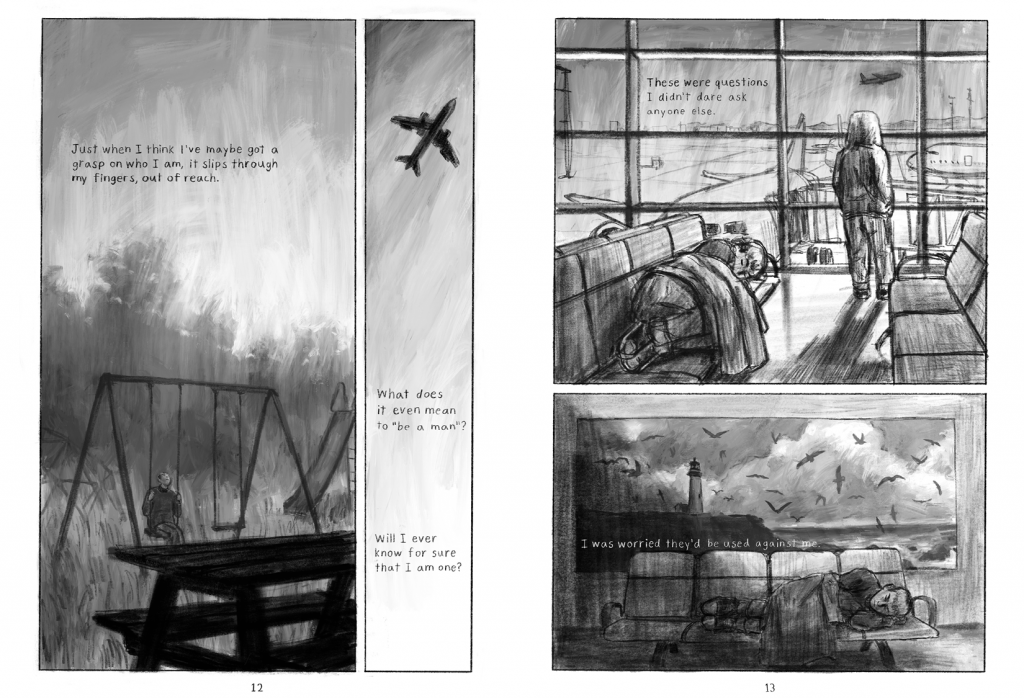
Are you considering inequities or other historical considerations (for example, working with cartoonists of color and LGBTQ+ cartoonists) as you determine your publishing slate?
It’s definitely a goal of the press, both in active and passive intent. While I think it’s reasonable to call comics made by cartoonists of marginalized backgrounds “experimental,” as in they’re often overlooked or overshadowed by an industry that often does not love them — that’s a fun gotcha and not good enough. For instance, I could probably get away with not putting a lot of effort into equitable publishing practices and be buoyed along by the fact that many of the cartoonists I’m interested in publishing tend to belong to marginalized groups. The active intent is to make sure that I’m open to be pitched by anyone, especially if they’re outside my immediate social circle and that they feel comfortable pitching to me. The press is still in its early days so finding a good methodology will be an iterative process.
That said, I will say that mixed-race stories are of interest to me — whether explicitly or otherwise influenced by the experiences. I’m half-Korean and half-Italian and feel a deep kinship to stories relating to coming from a family of mixed heritages. So much so, that this aspect of me is what got the press the name “Bulgilhan”.
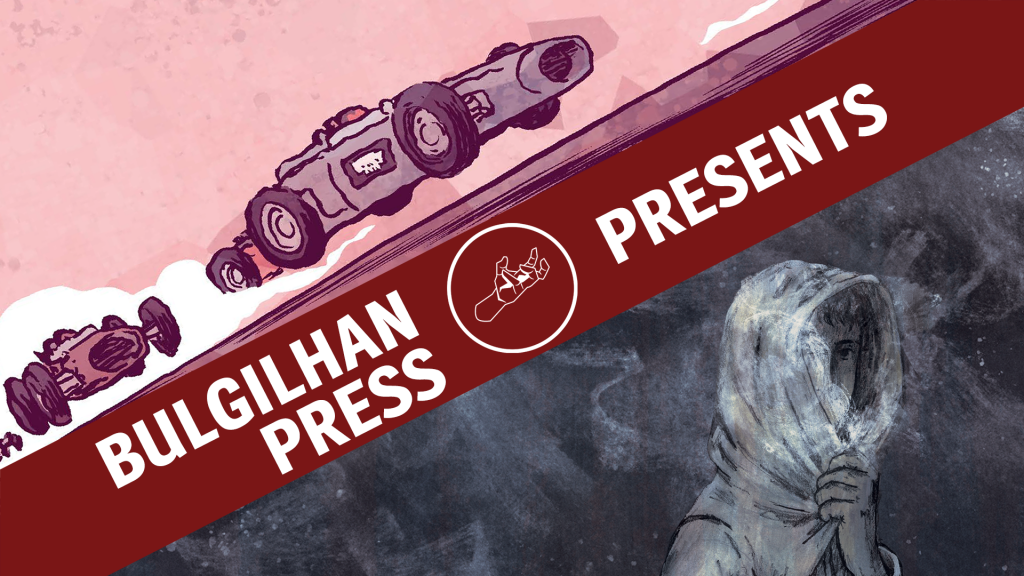
Thanks so much for your time and your words. Any last thoughts you’d like to leave with?
I really appreciate the space to talk about the press. I’ve truly missed talking to comics people in a spontaneous way. I want to shout out publishers who have been very kind to me over the years and have been incredibly inspiring. Annie Koyama of the now completed Koyama Press, Zainab Akhtar of Short Box, Josh O’Neill of Beehive Books, Neil Brideau of Radiator Comics, Kelly Phillips of Dirty Diamonds, Pat Crotty of PEOW, Avi Ehrlich of Silver Sprocket, Jamila Rowser of Black Josei Press, and many, many more.
SOLRAD is made possible by the generous donations of readers like you. Support our Patreon campaign, or make a tax-deductible donation to our publisher, Fieldmouse Press, today.

Leave a Reply